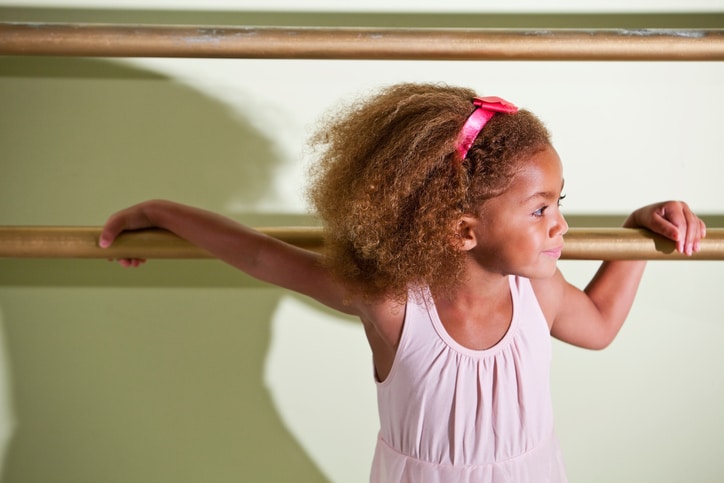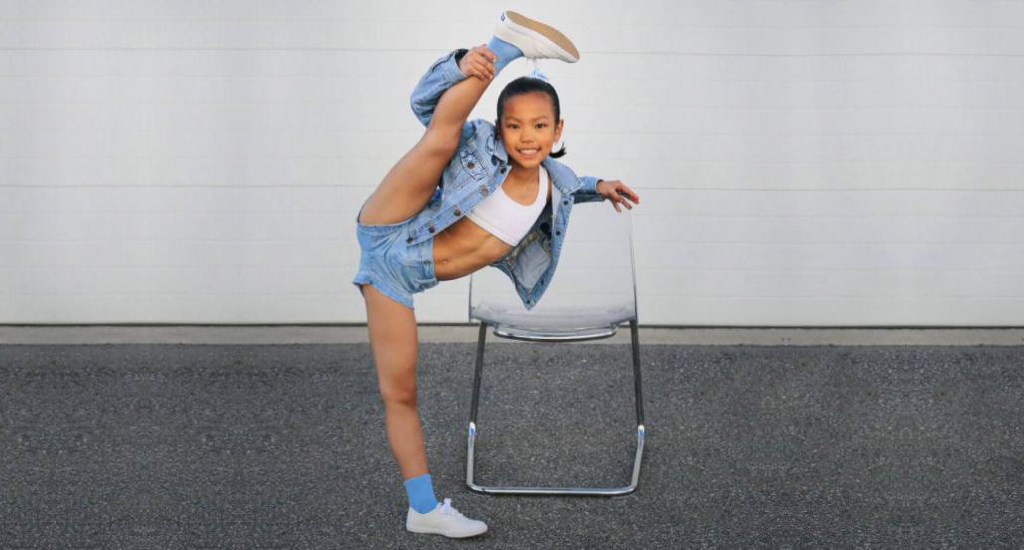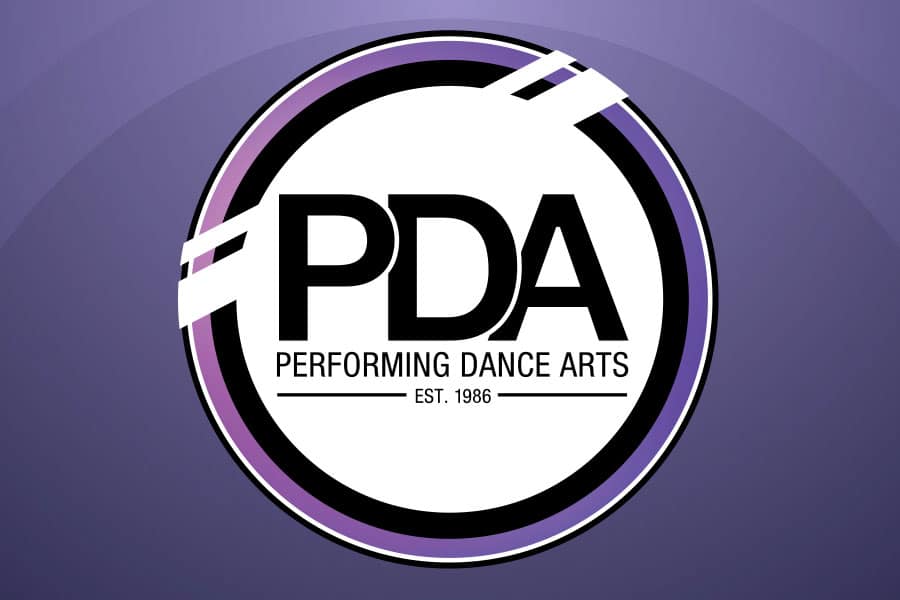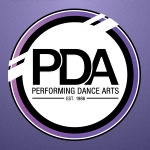At first blush, it may seem kind of mystical to assume that dance can in any way improve your health apart from the physical aspect. But in many ways it can, and does, improve your well-being, and the benefits extend across all ages and are not limited to whether or not you take professional dance lessons.
Let’s Get Physical
The most obvious benefit of dancing is its impact on health. Dancing is literally exercising, with movements incorporating every part of the body. Some styles push you more than others, with Latin, ballroom, jazz, and hip-hop being the first to come to mind for many because they do the most to increase the heart rate. In contrast, the technique involved in other styles of dancing, such as ballet or even classical movements, really focuses the “workout” to specific parts and help in more than one aspect.
Ballet, for instance, is seeing a rapid increase in popularity. That’s because its technique focuses on the core of the body, which is typically the most difficult to target. These styles of dance also do wonders for flexibility and balance when combined with more classical movements.
Another residual impact from dance is the social benefits. Dancing is normally done in groups, with some dances involving physical contact with another person. This is especially true for dances like the tango, where physical contact becomes necessary.
The result of dance lessons in these areas is often increased confidence in romantic and dating situations. It also improves overall self-confidence, especially among young people who are otherwise shy and reserved. That’s because dancing forces interaction and trust in the other dancer, which are valuable lessons for any young person.
Dancing Against Dementia
Apart from the obvious physical and social benefits of dancing, seniors are now using it to combat a larger ailment—dementia. Recent studies have shown up to a 76% reduction in the onset of dementia for seniors who participate in dancing. Though the study specifically focused on ballroom dancing, one can see how the results can be extrapolated to include the more high-intensity forms of the art.
The reason dancing is thought to be so helpful against dementia is because of its nature, as having to remember specific dance steps and the timing of specific movements fuels the brain. The increase in brain activity, along with the required focus, is particularly great for seniors and goes a long way to improved cognition and brain function.
Recreational Dancers Welcome
The best part of the health benefits from dancing is that you don’t need to be a pro. Performing Dance Arts is perfect for children interested in recreational dance to improve their health and those interested in competitive dance lessons. Visit our web site and learn more about how dance can help your child.
Sources:
Grunwell, R., “Wellbeing: Even bad dancers feel the benefit,” The New Zealand Herald, November 9, 2014; http://www.nzherald.co.nz/lifestyle/news/article.cfm?c_id=6&objectid=11355774.
“NYC Seniors Dance To Reduce The Risk Of Dementia,” CBS New York web site, November 29, 2014; http://newyork.cbslocal.com/2014/11/29/nyc-seniors-dance-to-reduce-risk-of-developing-dementia/.



